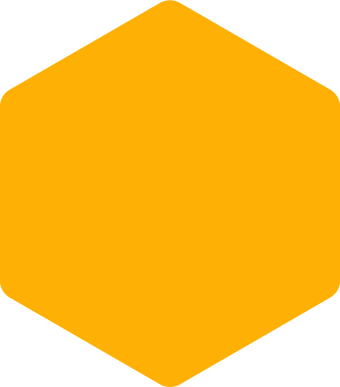
Code of Practice
Australian Honey Bee Industry Biosecurity Code of Practice provides information for the industry and producers about biosecurity practices and honey bee pests.
Online Course
All beekeepers can register for a free online biosecurity course on activities to prevent the spread of pests and diseases in their hives.
The Biosecurity for Beekeepers course, which takes about 90 minutes to complete, covers:
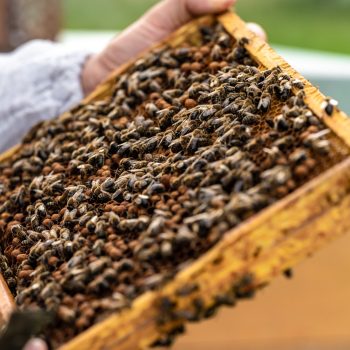
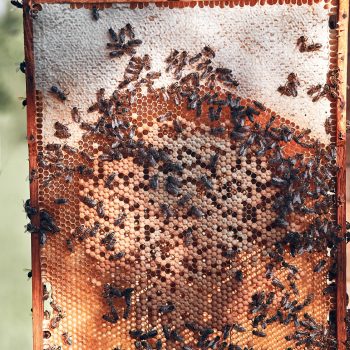
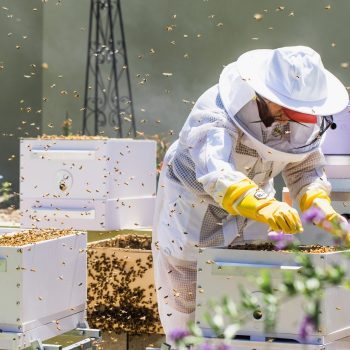
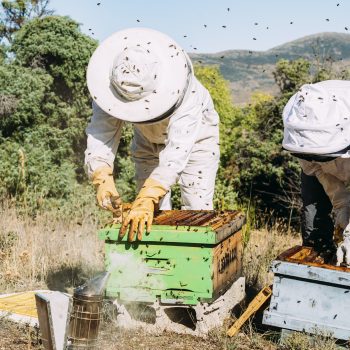
The Australian Honey Bee Industry Biosecurity Code of Practice requires commercial beekeepers (with 50 or more hives) to complete such an approved biosecurity training every three years. They can do the course for free by contacting their local Bee Biosecurity Officer to obtain a token code.
Beekeepers with less than 50 hives, who will also find the course useful, will need to pay $20 to complete it.
Visit the BeeAware website for more information on the:
The Biosecurity for Beekeepers course is delivered by Plant Health Australia through funding from the Australian Honey Bee Industry Council. The development of the course was funded by AgriFutures Australia.
Newsletter

We welcome all beekeepers to join our Association and become more involved in our industry.

Website by Relevate
Copyright © 2022. All rights reserved.